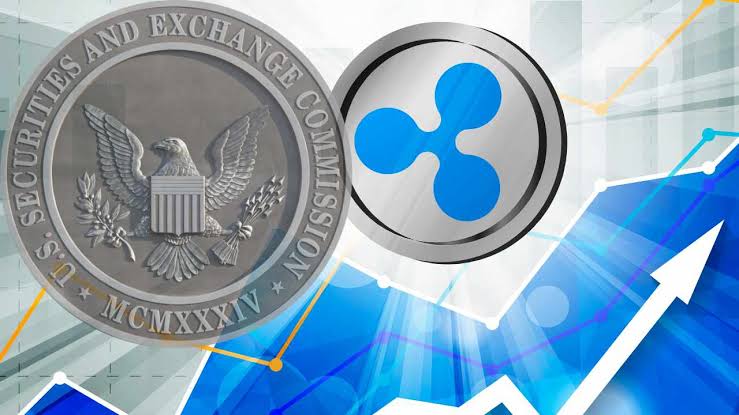Summary judgment has been filed by Ripple, who claims that the XRP earnings stemmed from “market forces of supply and demand” rather than any agreement with XRP coin holders.

Both Ripple Labs and the Securities and Exchange Commission of the United States (SEC) have asked a federal judge to rule swiftly on whether or not Ripple’s XRP sales broke any rules governing securities in the United States.
In separate motions submitted on Saturday to the U.S. District Court Southern District of New York, Ripple and the SEC asked for a summary judgment.
Summary judgment request is made to the court when a party believes there is sufficient information at hand to provide a decision without holding a trial.

Judge Analisa Torres has been urged by all sides to rule swiftly on whether Ripple’s XRP sales were unlawful under US securities regulations. The SEC has steadfastly kept to its convictions that XRP sales qualify as a “investment contract,” notwithstanding Ripple’s claims to the contrary.
Stuart Alderoty, general counsel for Ripple, stated that the SEC is “unable to identify any contract for investment” and “cannot prove a single prong of the Supreme Court Howey test” “despite two years of litigation.”
The SEC’s case “boils down to an impermissibly open-ended assertion of jurisdiction over any transfer of an asset,” in its move for summary judgment according to Ripple.
Additionally, the motion contended that because there was no contractual agreement between Ripple and the holders of XRP tokens, the SEC could not prove that such token holders could not “reasonably expect gains” based on Ripple’s efforts.
Contrarily, the SEC asserted in its own motion for summary judgment that a “investment contract” can exist without a contract, any rights provided to the buyer, and any duties to the issuer. Instead, according to the Ripple motion, profits were attributed to “market forces of supply and demand.” The SEC “conceded” to this.

The XRP community’s reaction to the Ripple and SEC motions was largely positive, with many people believing that the network’s legal spat with the SEC is about to come to a finish.
The SEC filed a lawsuit against Ripple, former CEO Christian Larsen, and current CEO Brad Garlinghouse in December 2020 for allegedly raising $1.3 billion through unregistered securities sales through XRP. Now, nearly two years later, the companies have moved for summary judgment.
If the court upholds the summary judgment, the decision will significantly affect the determination of whether cryptocurrencies fall under the purview of securities under U.S. securities regulations.
Following the motion filing, the price of the XRP coin gone up significantly last seen in July, over $0.40, but has since dropped slightly and is now trading at $0.34, according to CoinMarketCap.